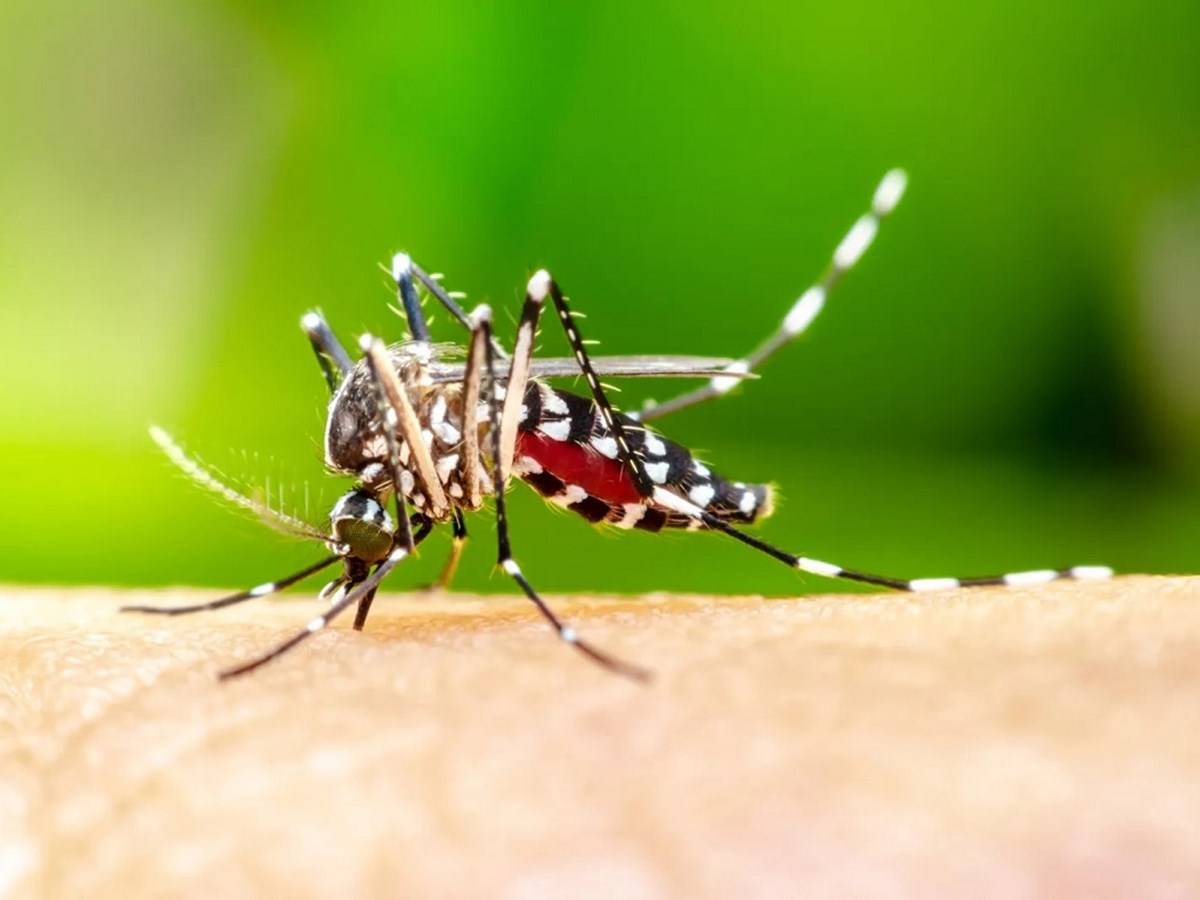
The first positive case of Zika virus in Karnataka has been confirmed by Dr. K Sudhakar, the state's health minister. Out of the three samples sent to Pune for testing, one was a five-year-old girl from the Kolar area of Karnataka. A 67-year-old guy from Pune previously tested positive.
What is Zika virus
The zika virus is a mosquito-borne illness that was initially discovered in Uganda in 1947. The Aedes mosquito, which normally bites during the day, is the main vector of transmission. Additionally, chikungunya, dengue, and yellow fever are spread by these insects. There is currently no cure for the Zika virus. The Zika virus vaccine is also being developed but is not yet ready.
Signs of Zika virus
The majority of Zika virus victims do not exhibit any symptoms. Mild symptoms such as a rash, fever, conjunctivitis, and joint and muscular soreness are experienced by those who exhibit symptoms. Typically, these symptoms last for 2 to 7 days. A patient may experience symptoms 3–14 days after contracting the infection.
Treatment for Zika virus
The Zika virus has no particular treatments. Drugs are prescribed to treat symptoms including fever and joint pain. Additionally, it is advised for patients to drink a lot of water and relax frequently.
For women who are expecting, the Zika virus infection necessitates additional clinical care.
Consequences or serious threat from zika virus
The zika virus poses a serious risk to unborn children.
Preterm birth, stillbirth, and miscarriage are all more likely in a pregnant woman with the Zika virus. Microcephaly and other congenital deformities in the newborn, such as limb contractures, excessive muscle tone, visual abnormalities, and hearing loss, are caused by zika virus infection during pregnancy, according to the WHO.
Zika virus complications in adults can affect the nervous system and the brain. Even people who don't exhibit any virus-related symptoms can develop these problems.
Preventive measures
To stop the Zika virus from spreading, it is essential to avoid mosquito bites. Additionally, it is suggested that travelers stay away from places and nations where epidemics have occurred.
The Zika virus can be spread from one person to another through sexual activity. Unprotected intercourse ought to be averted in areas where incidents are still present. According to WHO recommendations for women in areas where cases are active, "pregnant women should practice safer sex (including correct and consistent condom use) or abstain from sexual activity for at least the duration of pregnancy."
Disclaimer: This information, including the recommendations, is only general in nature. It in no way replaces a professional medical opinion. For more information, always speak with a specialist or your own physician.









